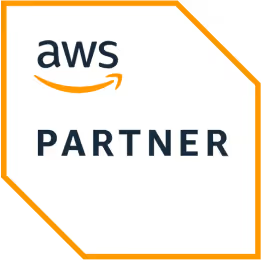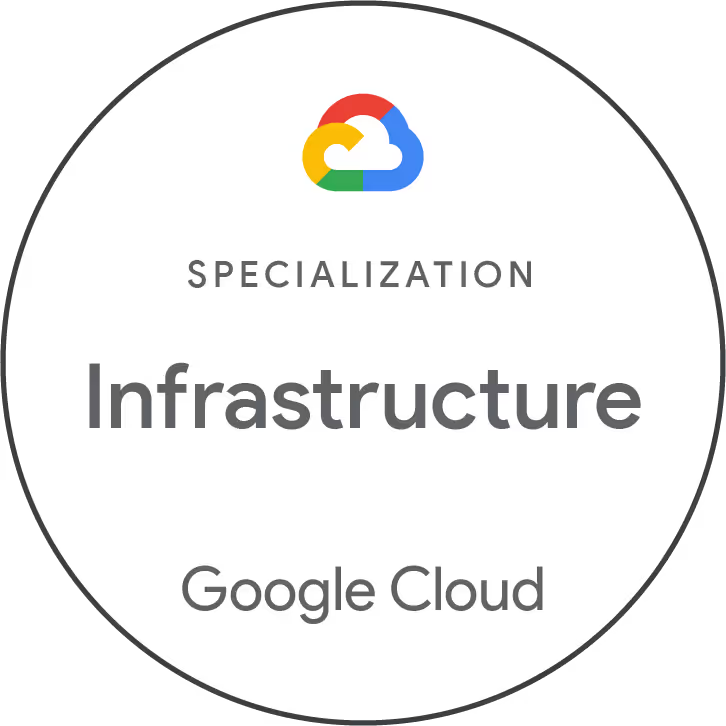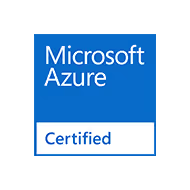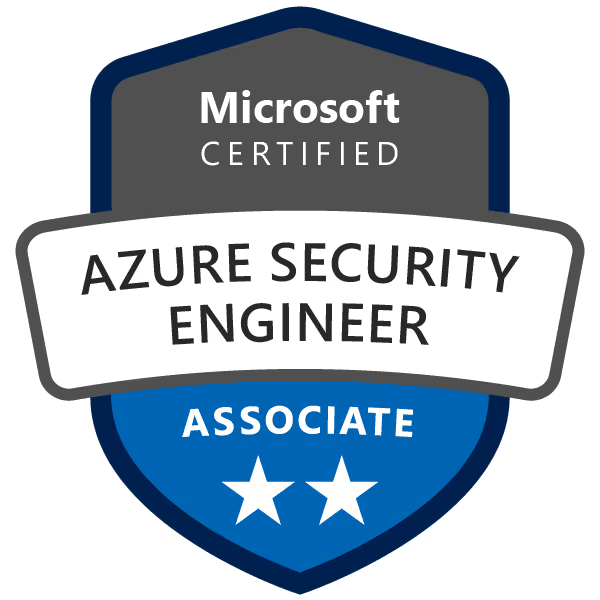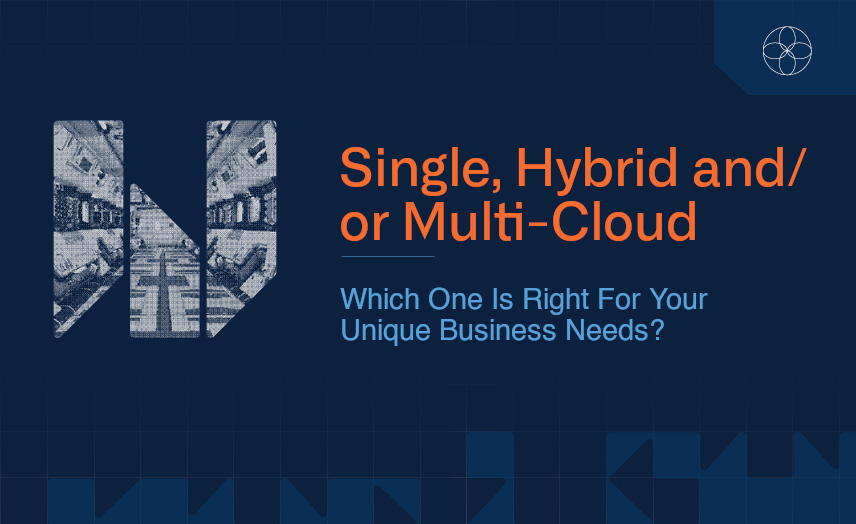
Different Stack For Different Tasks
With Deimos, you don’t have to commit to just one cloud provider. We help you navigate multi-cloud strategies, enabling you to leverage the strengths of multiple cloud platforms for different workloads. Whether it’s optimising performance, cost, or compliance, we ensure you get the best fit for each use case. And if certain workloads are better suited to on-premise infrastructure, we seamlessly integrate them into a hybrid cloud solution that balances flexibility and control.
DEIMOS IS A HYBRID MULTI-CLOUD EXPERT
Partnered Across All Major Clouds

trusted by industry leaders
Trusted by Leading Companies




BENEFITS OF A HYBRID / MULTI-CLOUD APPROACH
The Right Tools For The Right Job

Flexibility
Gain greater control over IT infrastructure and cloud environment customisation.
.svg)
Cost Savings
Optimise cloud spend by selecting the most cost-effective cloud services for each workload.
.svg)
No Vendor Lock-In
Reduce reliance on a single provider, ensuring flexibility to switch or move workloads as needed.
.svg)
Enhanced Multi-Cloud Security
Strengthen compliance and security by leveraging the best cloud services for each specific requirement.
.svg)
Disaster Recovery & Business Continuity
Enhance resilience by distributing workloads across multiple clouds, minimising downtime and ensuring uninterrupted operations.
EXAMPLES OF HYBRID & MULTI-CLOUD
How they Differ & How they Compliment





Environment that combines on-premises infrastructure with cloud services, creating a unified and integrated computing environment. This model allows organisations to orchestrate workloads seamlessly between on-premises data centres and public or private clouds.
Environment that involves the use of multiple cloud service providers to meet an organisation's computing needs. Using this approach, businesses can distribute their workloads across different cloud platforms simultaneously, leveraging the strengths of each provider.
Data Security & Compliance: Ideal for industries like healthcare and finance, where sensitive data remains on-premises and less critical workloads use the cloud.
Variable Workloads & Bursting: Great for fluctuating workloads, leveraging cloud scalability during peak demand while maintaining stable on-premises infrastructure.
Legacy System Integration: Perfect for businesses with legacy systems, allowing gradual cloud adoption without disrupting operations.
Developer Productivity: Provides flexibility, allowing developers to balance on-premises security with cloud scalability for improved efficiency.
Enhanced Agility: Accelerates time to market by using cloud resources for rapid prototyping while securing critical components on-premises.
Risk Mitigation: Reduces downtime risk by distributing workloads, ensuring business continuity.
Vendor Lock-In Avoidance: Avoids reliance on a single vendor, providing better pricing and service flexibility.
Optimised Performance: By leveraging each provider’s strengths (e.g., Google for Kubernetes, AWS for serverless.
An example of a hybrid-cloud would be a public cloud AND an on-premise customer-maintained datacenter infrastructure.
An example of a multi-cloud would be three public clouds, GCP & AWS & Azure.
At Deimos, we believe that containerisation is the future of the cloud. The portability of containers allows for simplified hybrid-cloud architectures.
With tools such as Google Cloud Anthos, Amazon EKS Anywhere, Azure Stack, and Rancher, building a hybrid-cloud environment becomes possible for any team.
At Deimos, we believe that containerisation is the future of the cloud. Each of the public cloud providers has some flavour of Kubernetes.
With the power of Kubernetes and the portability of containers, we can simplify multi-cloud computing.
Through the use of open-source databases and tooling, we can build solutions that are comfortable in any public cloud.
KEY CHALLENGES IN HYBRID / MULTI-CLOUD ENVIRONMENTS
Why Businesses Fail at Hybrid / Multi-Cloud Approaches
.svg)
Complexity
Managing multiple cloud environments requires deep expertise to ensure smooth integration, workload portability, and interoperability. Many businesses fail by relying on traditional IT teams without multi-cloud experience, leading to inefficiencies, misconfigurations, and performance bottlenecks.
.svg)
Security
Multiple cloud platforms create larger attack surfaces, requiring unified security policies and a zero-trust approach. Companies often fail by applying inconsistent security policies across providers, leaving gaps that cybercriminals exploit.
.svg)
Data Management
Ensuring data consistency, compliance, and real-time access across clouds is complex, especially in regulated industries. Many organisations fail by not establishing a centralised data strategy, leading to silos, duplication, and compliance risks.
.svg)
Cost Optimisation
Varying pricing models and hidden costs make it hard to track spending and optimise investments. Businesses fail by underestimating cloud costs, leading to budget overruns, wasted resources, and lack of visibility into spending across providers.
.svg)
Integration & Automation
Unifying workflows and automating processes across diverse APIs and tools requires multi-cloud orchestration expertise. Companies often fail by using outdated integration approaches, resulting in slow deployments, fragmented processes, and operational inefficiencies.
How We Solve These Hybrid / Multi-Cloud Challenges for Businesses
How We Solve These Hybrid / Multi-Cloud Challenges for Businesses
.svg)
Infrastructure Assessment
We optimise your cloud setup, identifying performance bottlenecks and scalability limitations to ensure seamless integration across diverse cloud platforms.

.svg)
Cloud Security Assessments
We address security gaps and misconfigurations, implementing unified, automated security measures to reduce vulnerabilities and enhance resilience.

.svg)
Managed Data
We ensure data consistency, compliance, and security across clouds by implementing robust governance frameworks and automating data movement.

.svg)
Cloud Optimisation Assessments
We uncover cost-saving opportunities, optimise resource usage, and prevent waste across clouds.

.svg)
Cloud Architecture & Software Review
We ensure your architecture is scalable, resilient, and optimised for multi-cloud environments, improving communication, high availability, and workload distribution.

Why Choose Deimos As Your Hybrid / Multi-Cloud Partner?
Over 200 Businesses Already Trust Us With Their Cloud
Cloud Agnostic
No vendor lock-in—just the best-fit solutions for your business. Our unbiased approach ensures top-quality systems and services at the right price.
A Blended Approach
Whether you need cloud, hybrid, or multi-cloud, we tailor solutions that maximise flexibility, scalability, and value that’s best fit for your unique needs.
We’ve Partnered With the best
We work with leading cloud providers and cloud-native tech companies to bring you the most reliable, cutting-edge solutions. View full list here
We’re Accredited Across All Major Public Clouds & Cloud-Native Technologies
Our engineers are professionally certified across all major public clouds and hold top industry certifications, ensuring expert implementation and management of your cloud infrastructure.
More Than Just a Cloud Provider
- Cloud-Native Infrastructure
- DevSecOps
- Cloud Migration & Adoption
- System Modernisation
- Managed Infrastructure
- Cloud Optimisation
- Microservices
- Observability
- Data Engineering
Ready to unlock your business full cloud potentials?
HYBRID / MULTI-CLOUD FAQS
Got Questions? We Have Answers.
Hybrid cloud refers to an environment that combines the use of private cloud and public cloud services.
Multi-cloud is an approach that utilises multiple cloud providers to maximise performance, flexibility, and resilience.
The benefits of a hybrid cloud include increased control over sensitive data or workloads, the ability to leverage the scalability and cost-effectiveness of public cloud services, and increased flexibility and agility.
The benefits of a multi-cloud include cost optimisation, avoiding vendor lock-in, and taking advantage of unique features and services provided by different cloud providers.
Challenges include data portability, security risks, cost management, and the complexity of maintaining interoperability.
Best practices for managing a hybrid/multi-cloud environment include having a clear strategy and governance framework, using automation and orchestration tools, implementing security and compliance policies, and monitoring and optimising costs.
HYBRID / MULTI-CLOUD RESOURCES
Expand Your Knowledge Of The Cloudverse
get in touch
Let's talk Cloud Solutions
If you're ready to take your business to the next level and focus on what matters most - achieving your objectives, then it's time to leverage the power of our Managed Platforms.
Schedule a free consultation with us today and let us show you how we can take care of your needs, so you can concentrate on growing your business!











